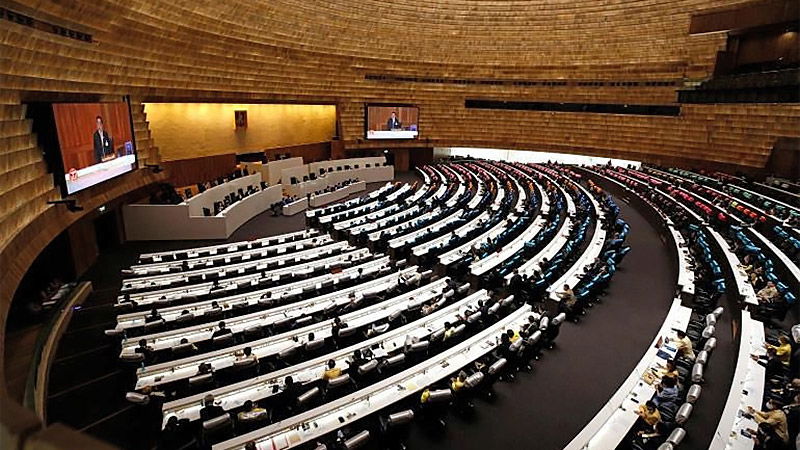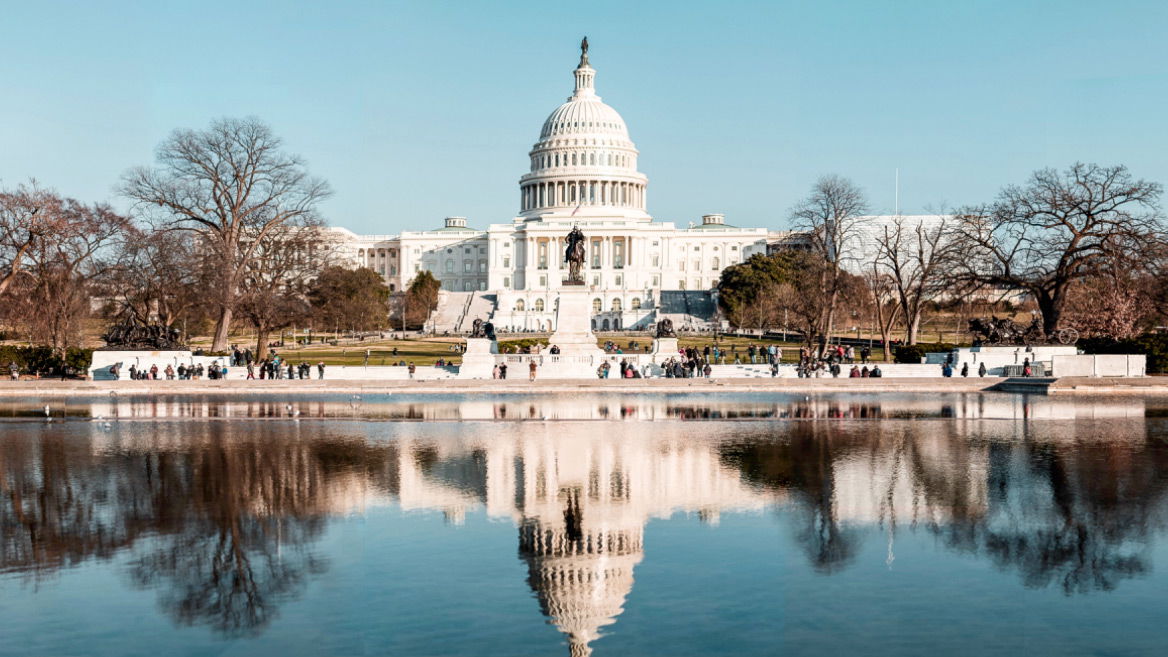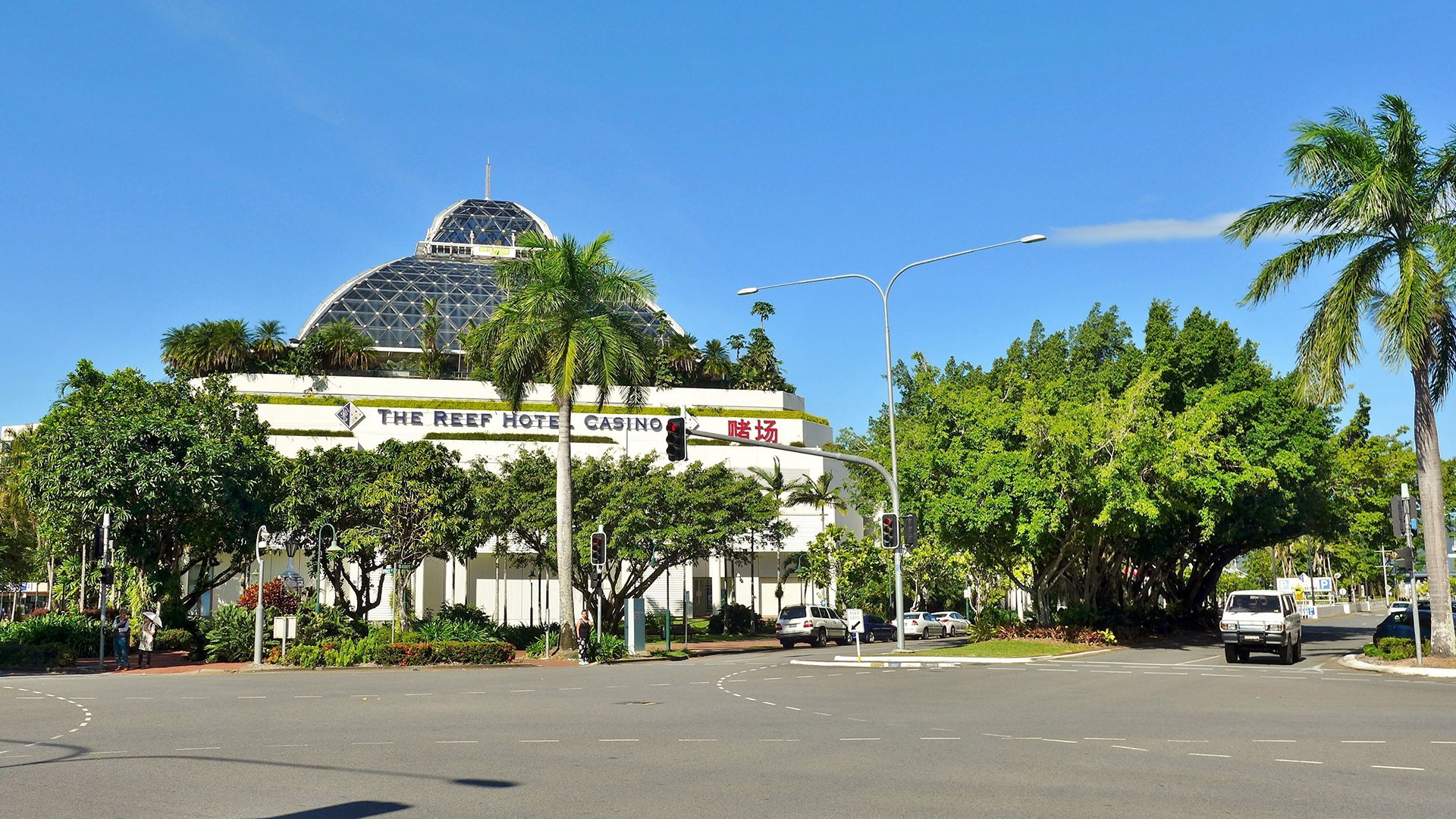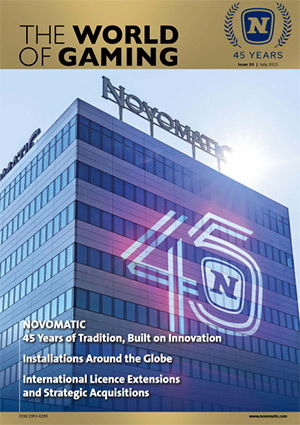Canada: Alberta passes iGaming legislation, sets stage for competitive online gambling market

Alberta has taken a major step toward liberalizing its online gambling sector with the passage of Bill 48, the iGaming Alberta Act, which received third reading in the provincial legislature this week. With only Royal Assent remaining, a largely ceremonial formality, the province is now set to launch a regulated iGaming market that could rival Ontario’s in scope and ambition.
Bill 48 paves the way for the creation of the Alberta iGaming Corporation, a new government entity tasked with conducting and managing online lottery schemes on behalf of the province. This governance model, closely mirroring Ontario’s iGaming Ontario structure, is designed to comply with the Criminal Code of Canada, which permits provinces to operate gambling services under a “conduct and manage” mandate.
Once in force, the legislation will allow Alberta to license private-sector operators to offer online sports betting and casino games, breaking the current monopoly held by the provincially run Play Alberta platform. Alberta will be only the second Canadian province to permit private iGaming operators, with Ontario having opened its market in 2022.
While the legislative hurdle is now behind it, the province faces several complex challenges before the market can officially launch. These include drafting regulations, creating consumer protection protocols, designing licensing systems, and staffing the newly formed iGaming Corporation. Government officials suggest that these processes could push the actual market launch into late 2025 or early 2026.
“The difficult work begins now,” a spokesperson from the Ministry of Service Alberta and Red Tape Reduction told Covers. “Should Bill 48 pass, Alberta’s government will begin to work on setting up the Alberta iGaming Corporation, while we continue to meet with stakeholders and work with the Alberta Gaming, Liquor and Cannabis Commission on establishing the broader regulatory framework that includes player protections.”
Key concerns remain. First Nations groups, who operate casinos under existing agreements with the province, have voiced apprehension about how iGaming could affect their operations. Meanwhile, industry observers are watching closely to see how Alberta handles the transition from unregulated "grey market" operators, which currently represent a significant share of online gambling activity in the province.
Ontario's experience provides both a roadmap and a cautionary tale. While its competitive market has attracted global operators and generated over $1 billion in monthly wagers, it also faced early criticisms over regulatory complexity, the treatment of paid fantasy sports, and compliance burdens on operators. Alberta has signaled it will aim for a tighter launch timeline to avoid some of those early missteps.
The iGaming Corporation will ultimately be responsible for revenue collection, with net proceeds funneled into Alberta’s general revenue fund. Expected tax contributions and licensing fees have yet to be determined, but those revenues are anticipated to support public services, including addiction treatment programs and social initiatives.

















































